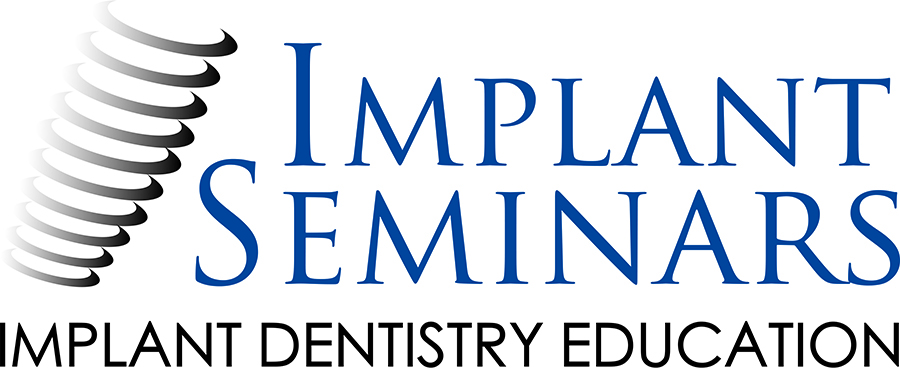Continuing Education Continues Demonstrating its Worth
How Knowledge is the Ultimate Career Currency
By: Arun K. Garg, DMD
Earlier this fall Coursera, the increasingly popular free online continuing education company, made news again. This time it wasn’t about new lectures, or the number of enrollees. It was about the company’s expansion into Latin America. Thanks to a partnership with Brazil’s University of Sao Paulo and the State University of Campinas, Coursera is about to start offering Portuguese courses.
Since its founding in 2012 Coursera has garnered mostly positive press underscoring the growing importance of continuing education and the need for adults to brush up on existing skills or learn new ones. Even for recent higher education graduates (five years or less) the pace of workplace change has grown so swift that employers resist the time and expense required for on-the-job training.
But Coursera isn’t the first company to promote the value of continuing education. The medical profession, with its numerous oversight boards and credentialing agencies in the U.S. and abroad, has a decades’ long head start. In fact, the Institute of Medicine, a non-profit affiliated with the National Academy of Sciences defines what it considers continuing education:
“Continuing education is the process by which health professionals keep up to date with the latest knowledge and advances in health care.”
The Enhanced Value of Credentialed Continuing Education
While the above is a perfectly accurate definition I would add an important addendum. For continuing education – or dental health education specifically – to truly maximize its potential, the knowledge acquired must include some type of credentialing accreditation. Just as employers consider the quality of a new employee’s university education as a proxy of future performance, doctors (and their patients) are eager to have their continuing education efforts recognized by reputable sources. Doing so helps doctors take pride in the quality of their education and put patients at ease.
Credentialed, paid-for continuing education is also a way to separate serious learners from those dabbling in the experience – individuals who may not complete a given course. This is perhaps Coursera’s greatest criticism. While the company boasts some 9 million users and over 400 programs, it struggles with a 5 percent course completion rate.
Of course, continuing education is about more than hanging a certificate on the wall or framing a diploma. As with other disciplines, medical knowledge and the technology used to diagnose and treatment plan patients is changing rapidly. Even the way doctors input and share patient data has changed radically in the last few years, evolving from paper charts and manila folders, to integrated software and tablet computers.
Ray Caprio, the former vice president for continuing education at Rutgers University in New Jersey sums up the need for continuing education best. “Every day we know less and less about more and more,” he said in an interview with the New York Times.
Beating Back Brain Drain
Therefore, continuing education super charges your mind and reinvigorates one’s career. After all, remaining relevant and a contributing member to society as we age is of paramount importance. And when we lose that sense of self-worth, especially as men and women in the healing profession, a host of additional challenges manifest including career burnout, declining quality of service (and the risk of lawsuits) and ultimately depression. Learning, it seems, really does keep you young.
Increasingly, a growing body of evidence supports continuing education’s cognitive worth. A recent University of Texas study found that adult memory improved over a three month period when a group of adults 60-90 were exposed to new tasks (like learning digital photography and knitting) that took them out of their knowledge comfort zones. Additionally, a 2011 study published in The Journal of Neuropsychiatry found that reading books and crafting – the non-medical equivalent of a hands-on experience like a live patient program or work with a cadaver – reduced the risk of developing mild cognitive impairment by up to 50%, a condition which affects up to 20% of adults 65 and over. Already nearly half of all U.S. physicians (42 percent) are 55 and over and nearly a quarter (21 percent) are over 65. For this age group, remaining sharp isn’t only a matter of professional satisfaction. It’s about maintaining their quality of life and their patients’ safety.
As a national lecturer on implant dentistry whose dental health education courses are approved by the Academy of General Dentistry, I can personally attest to the fact that credentialed American dental education in a continuing education format, can be a life-changing, brain-boosting experience. The bottom line: Henry Ford was right when he said, “anyone who stops learning is old, whether at twenty or eighty.”
Credentialed continuing education and ongoing dental health education doesn’t come in a pill and it can’t be injected. Thus, dentists who seek new knowledge must take the time necessary to investigate what courses work for them and which locations fit their busy schedules. Ongoing knowledge truly is the ultimate career currency and it’s vital doctors of all ages cash in and sign up for a course at their earliest convenience. Their brains – and their patients – will thank them in the years ahead.

